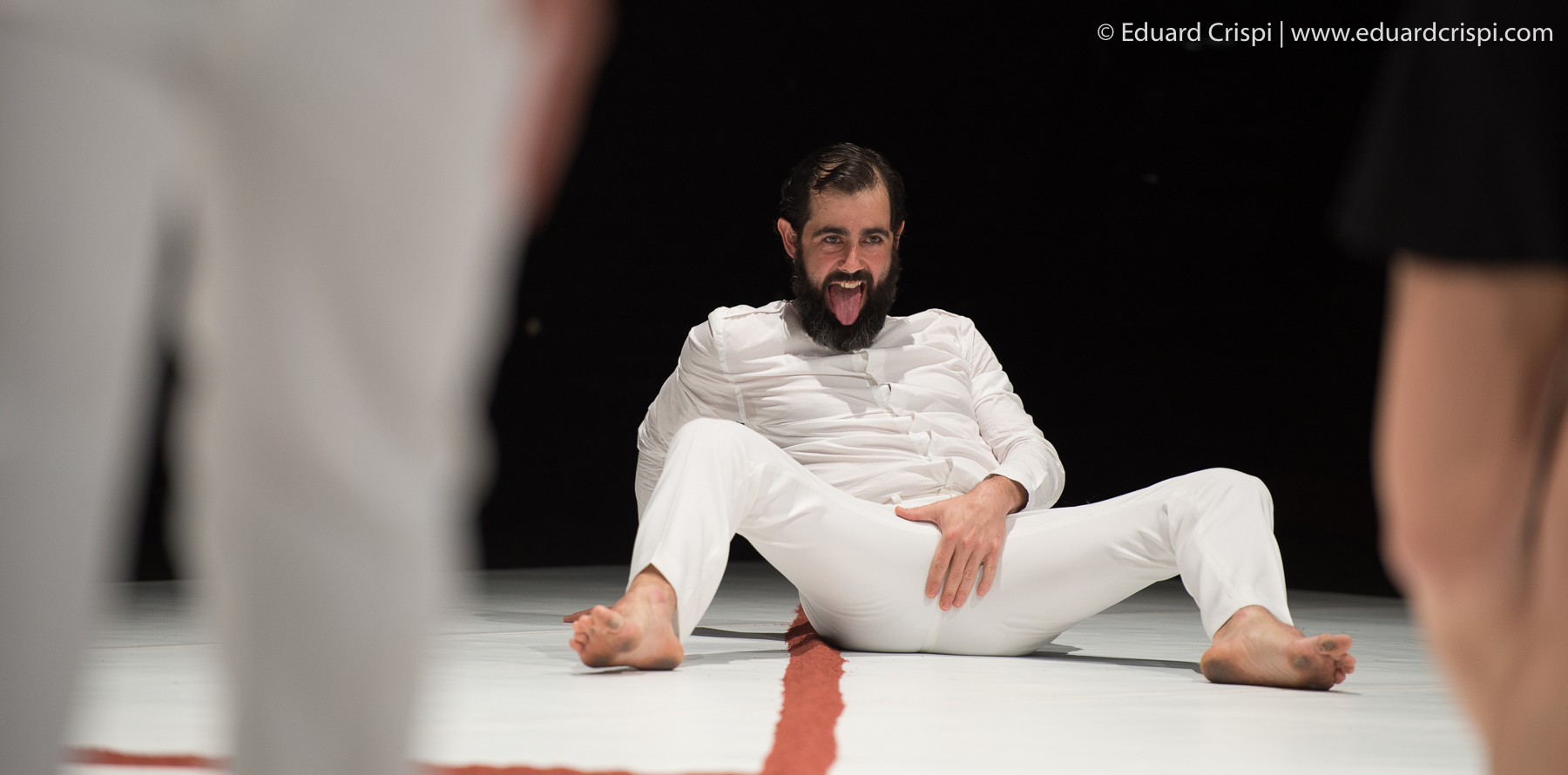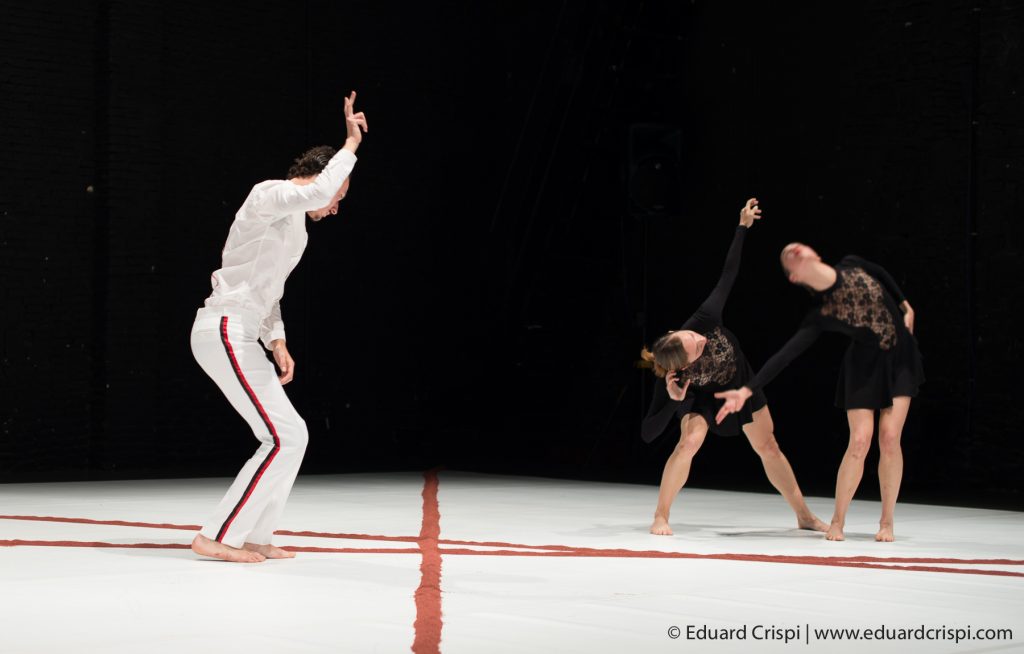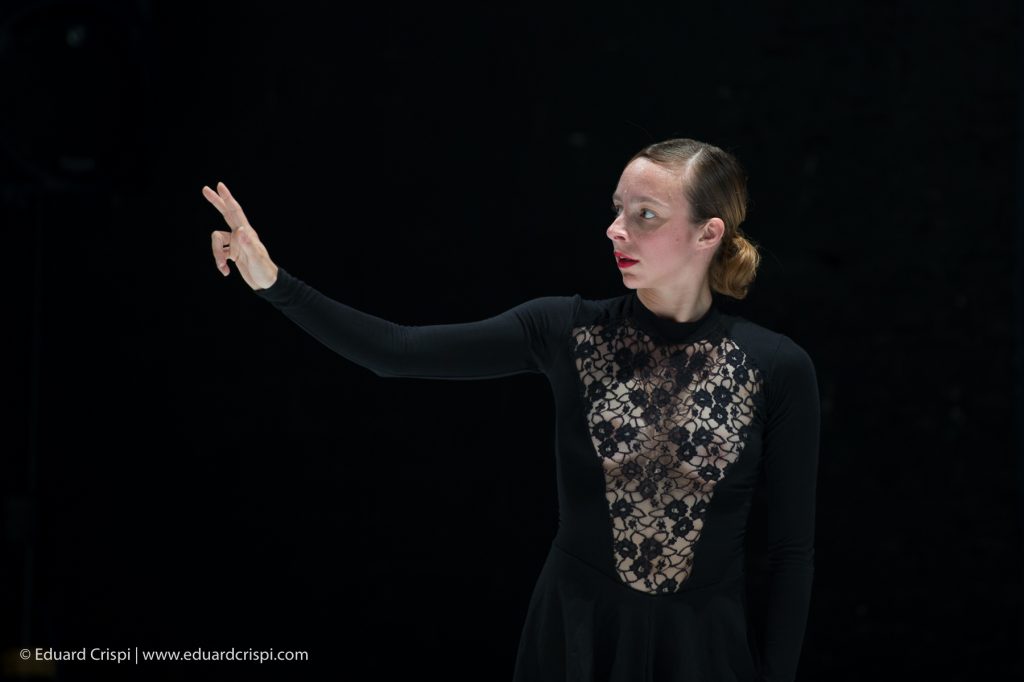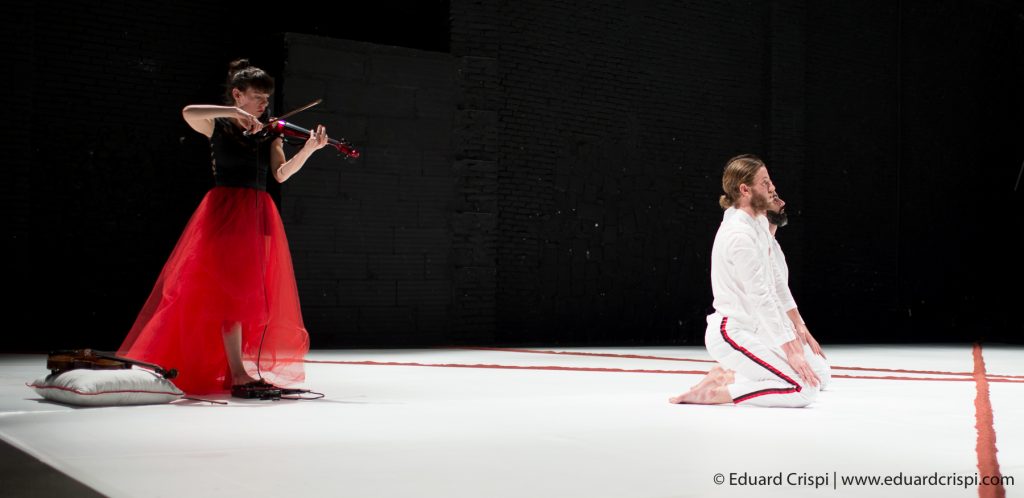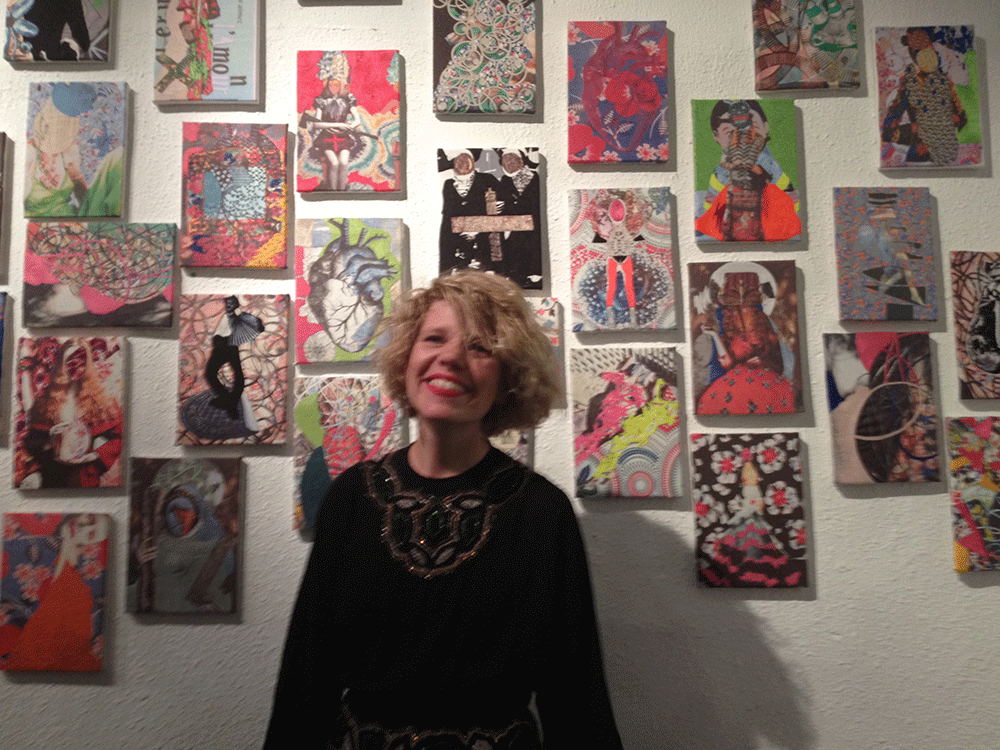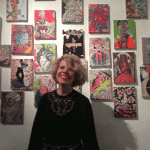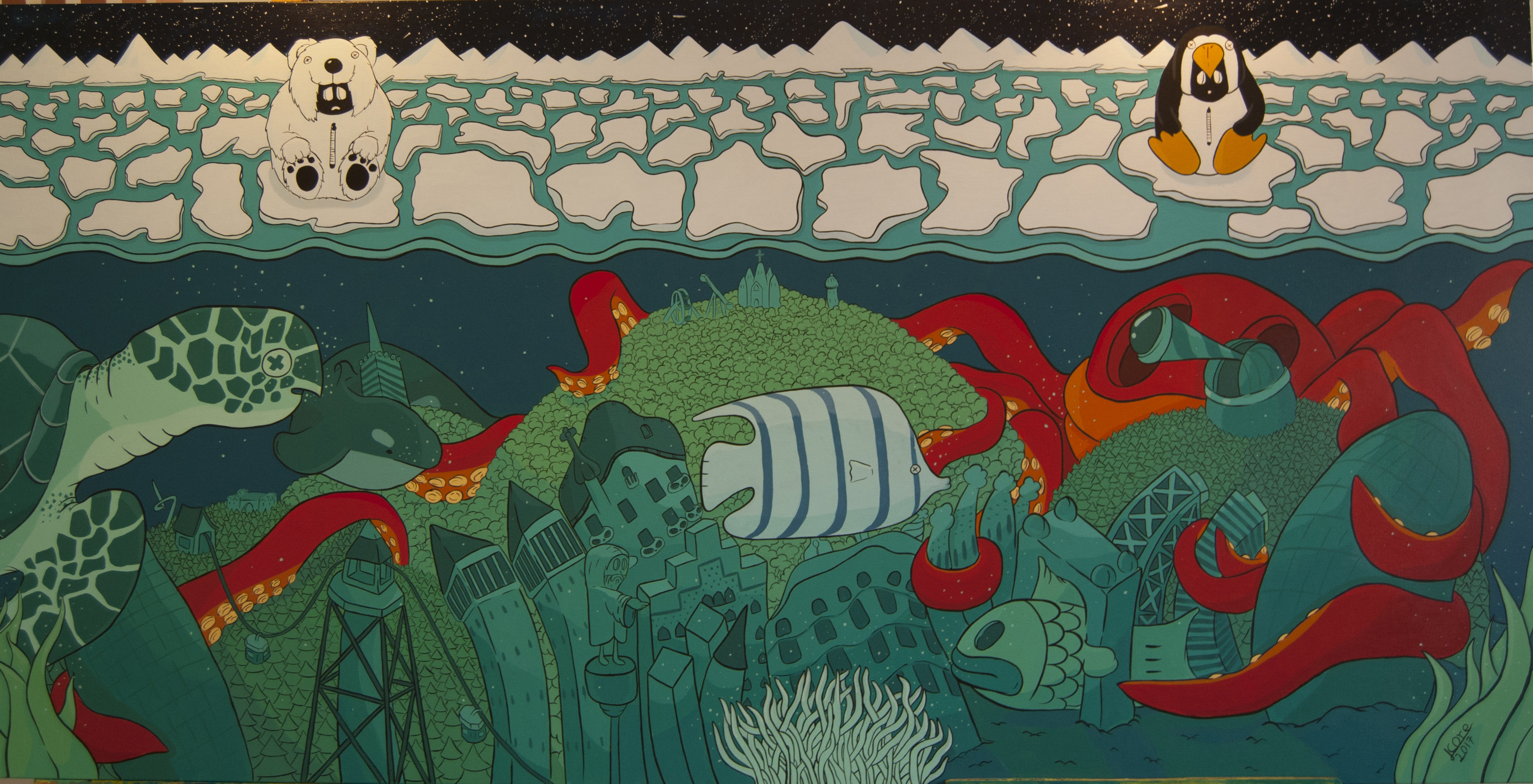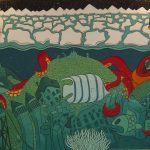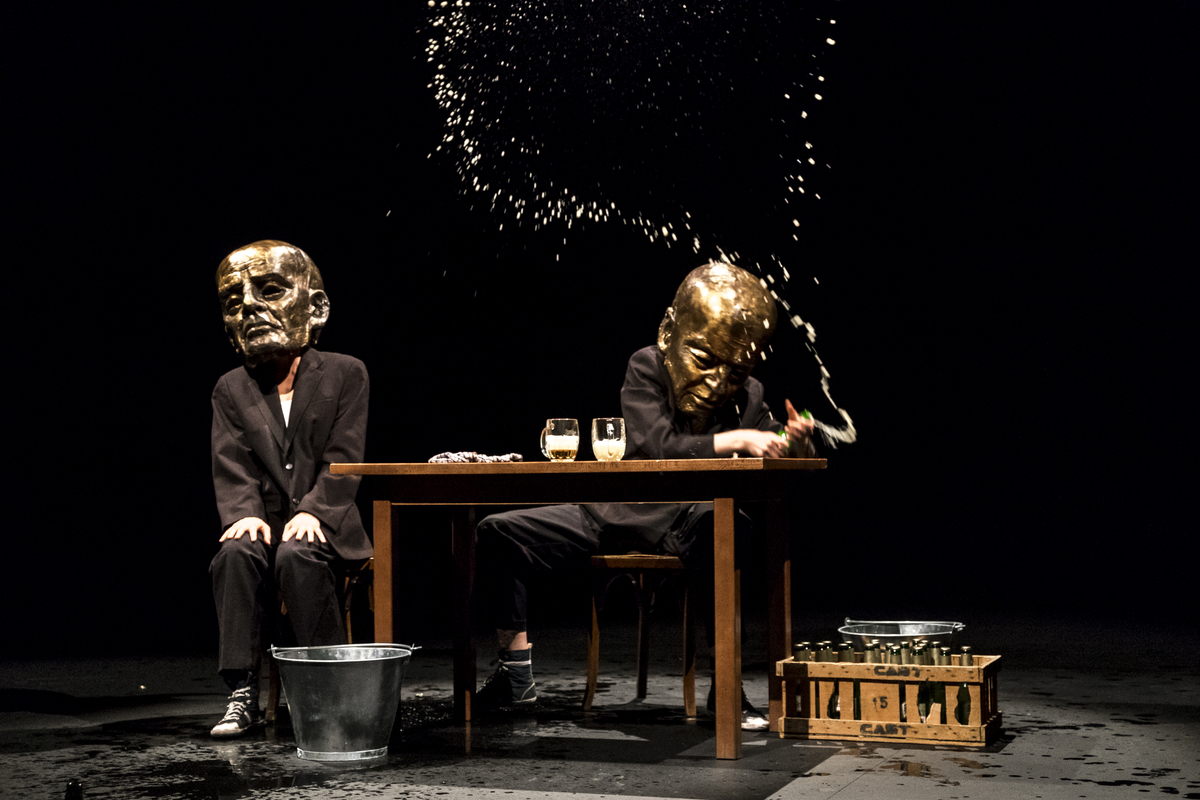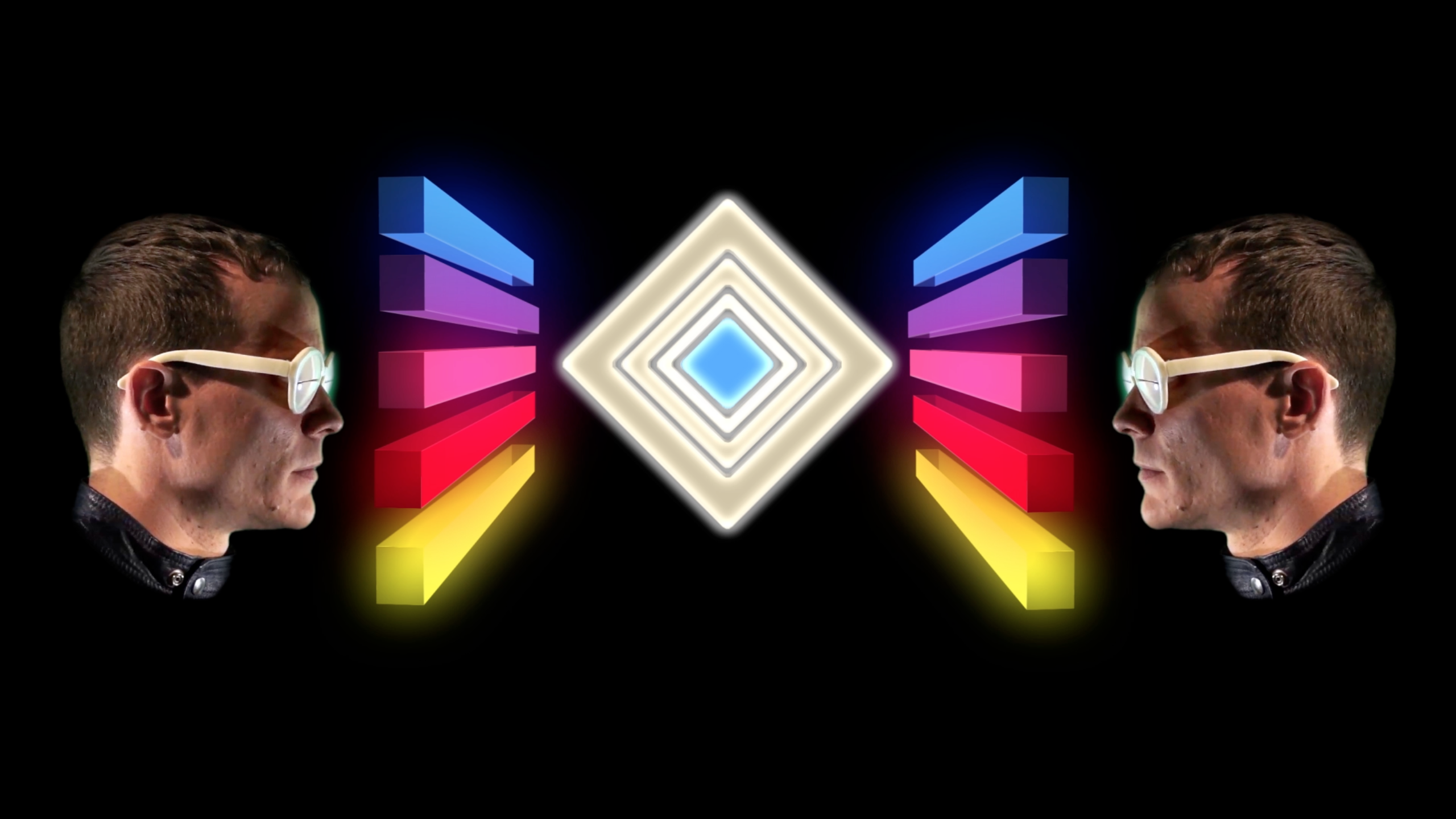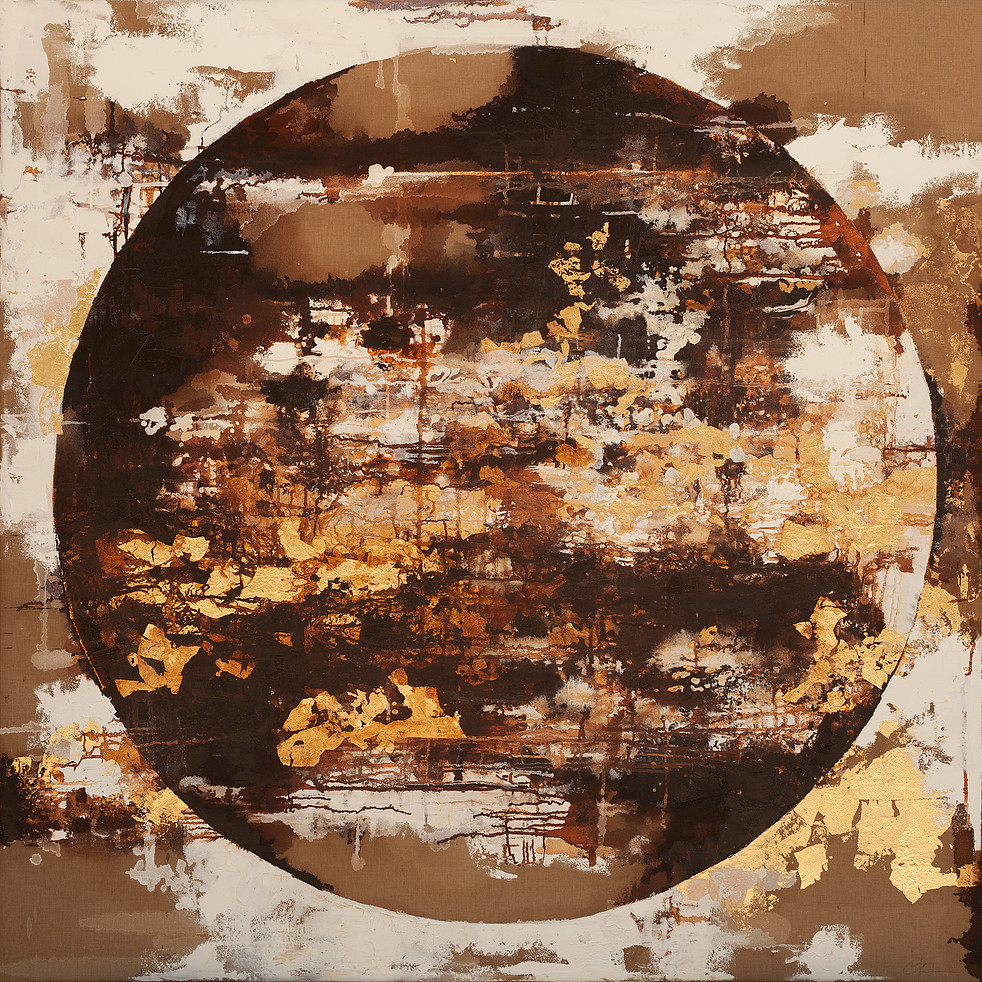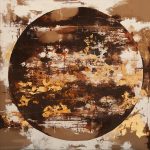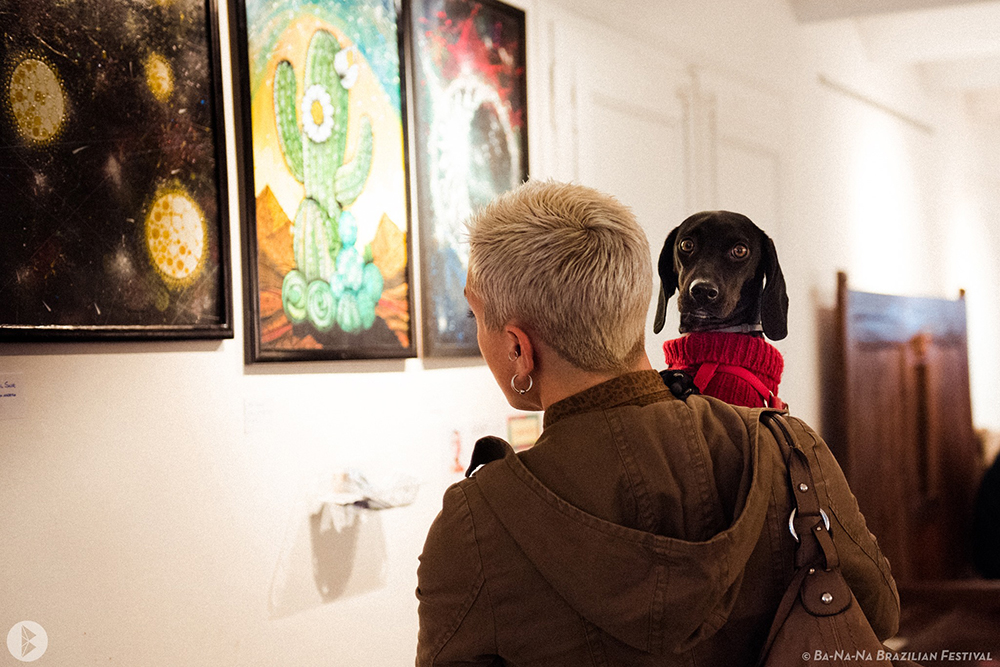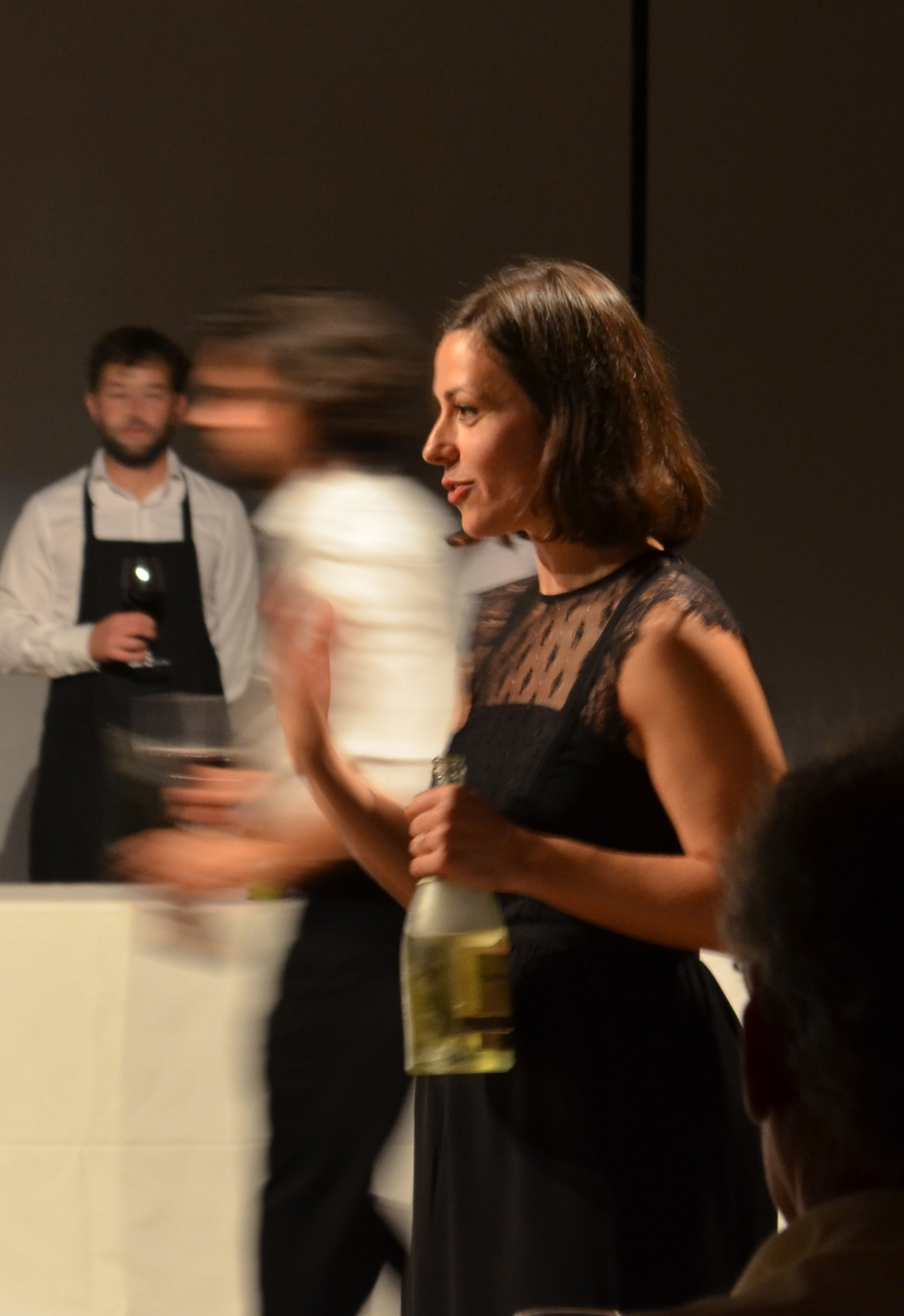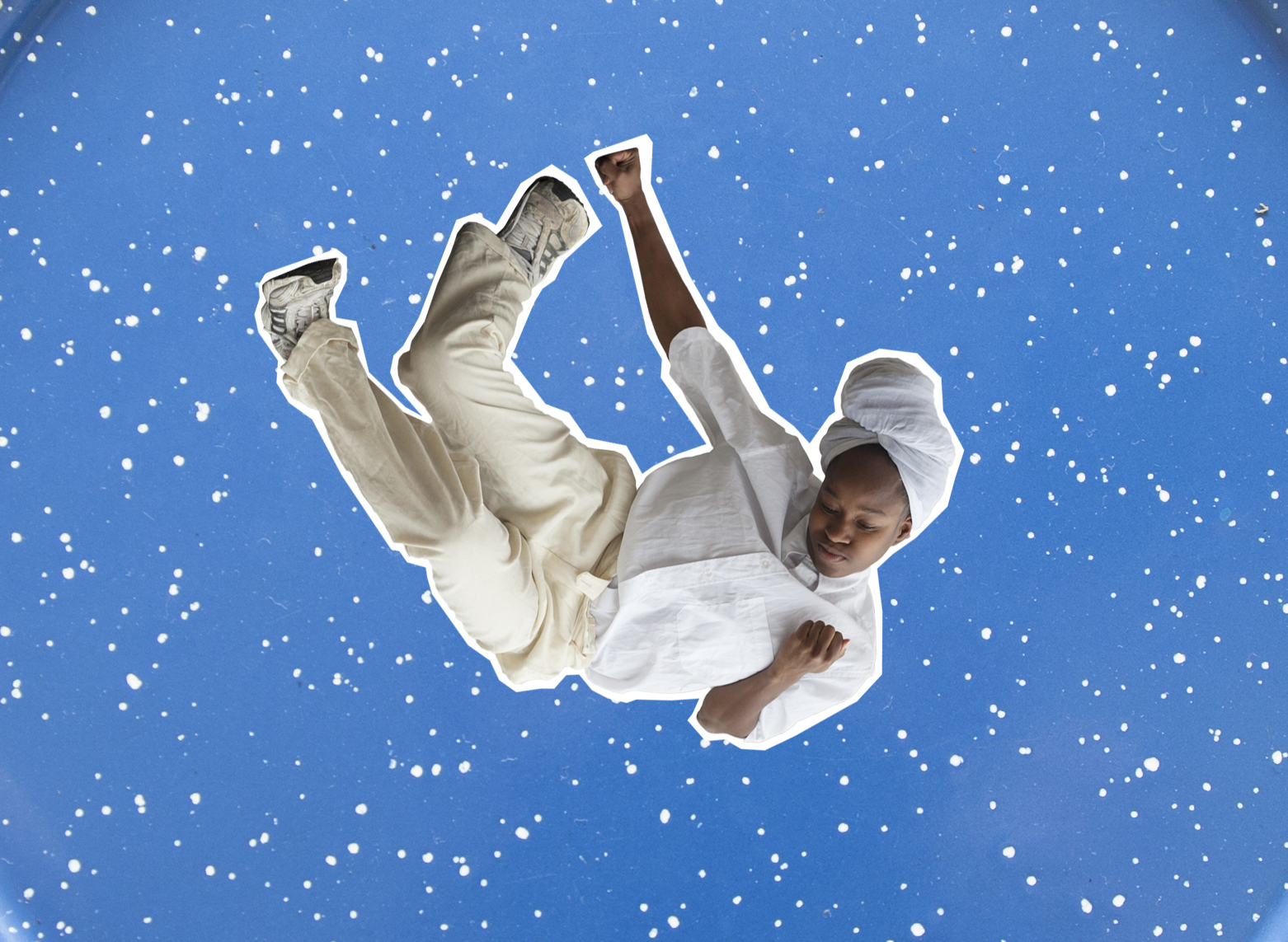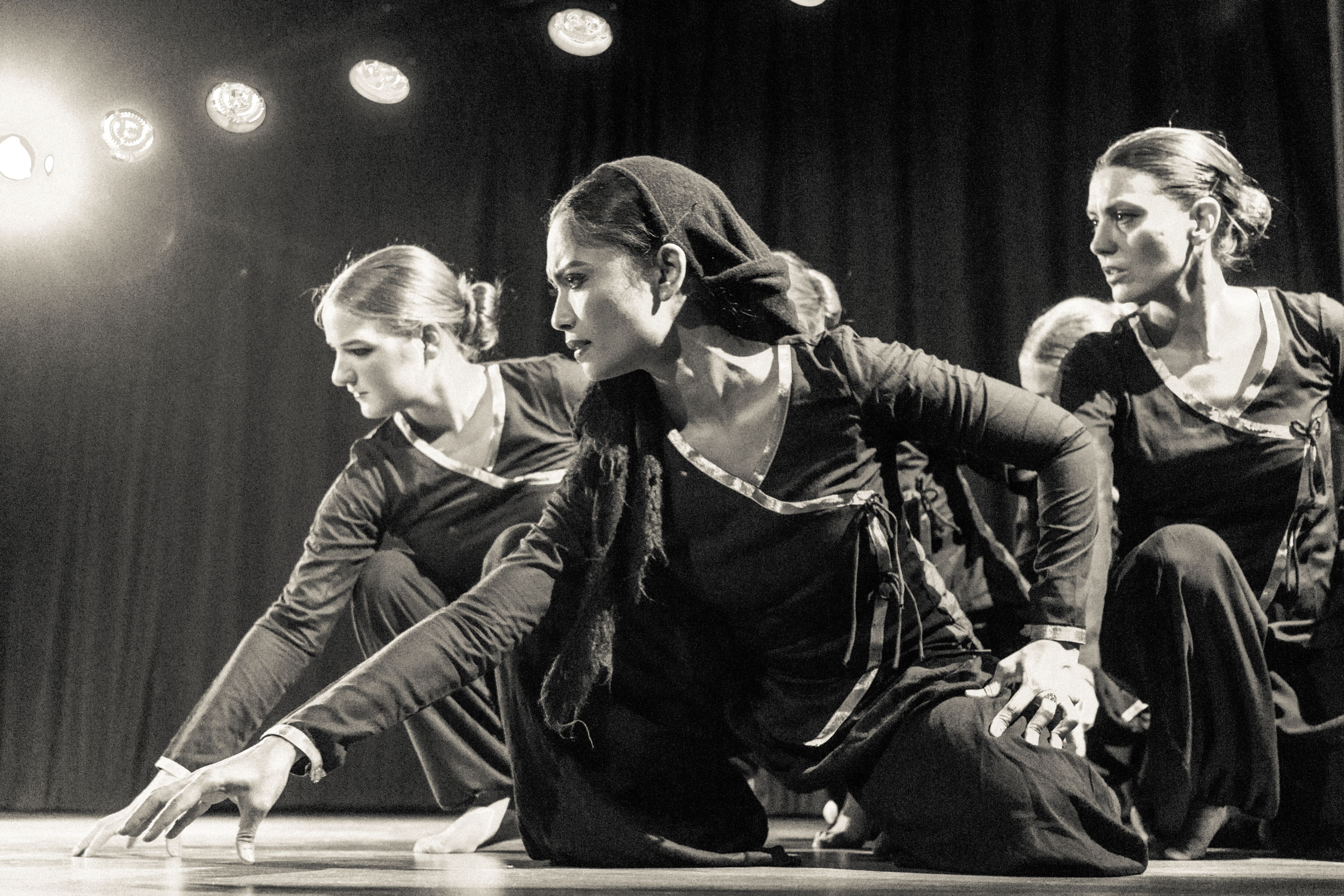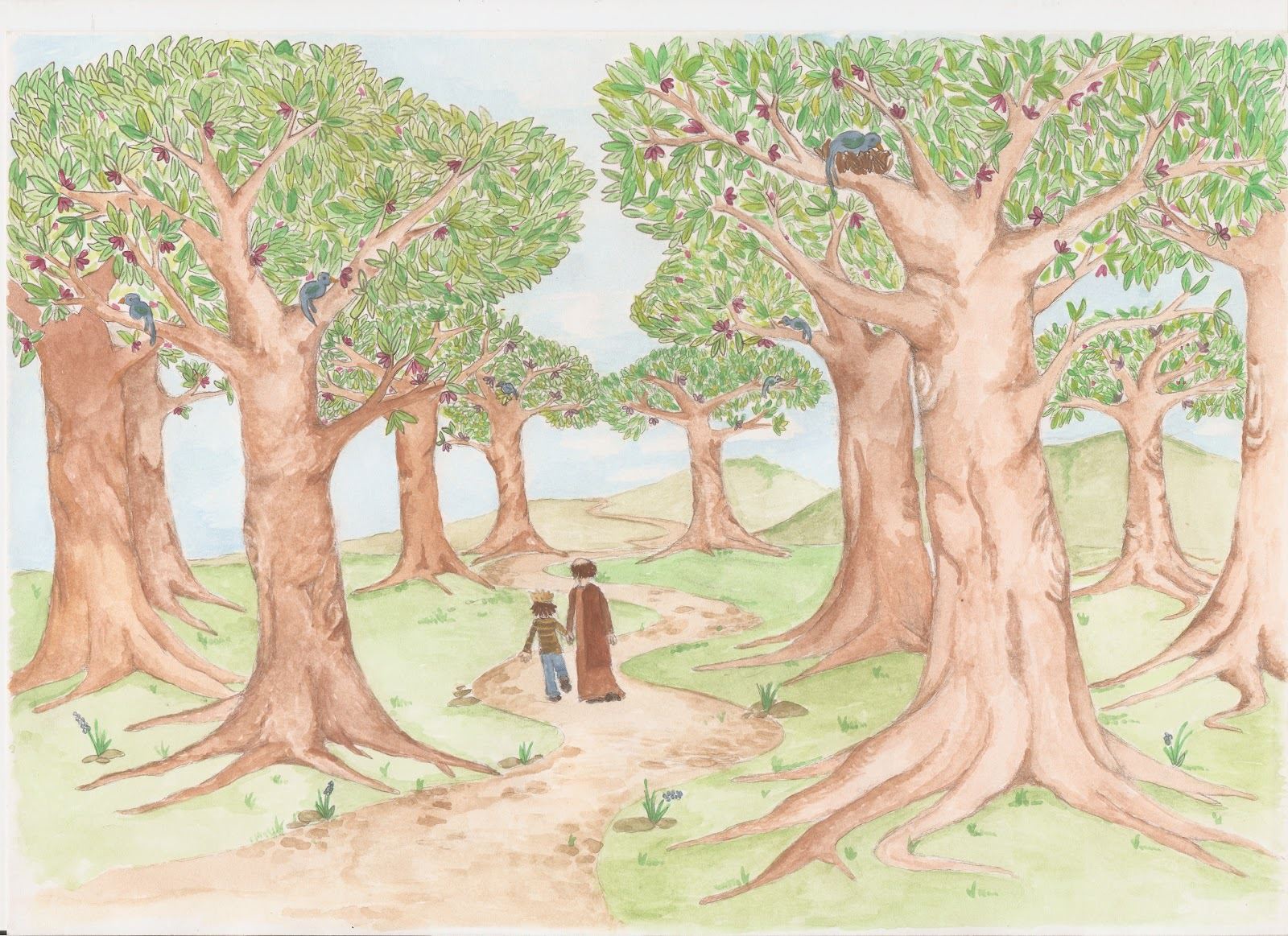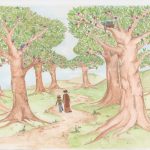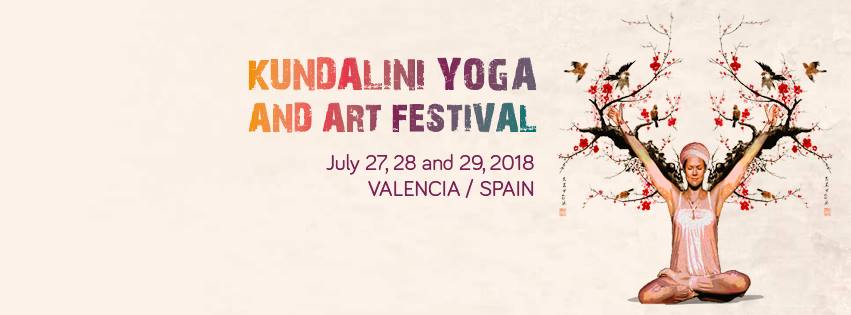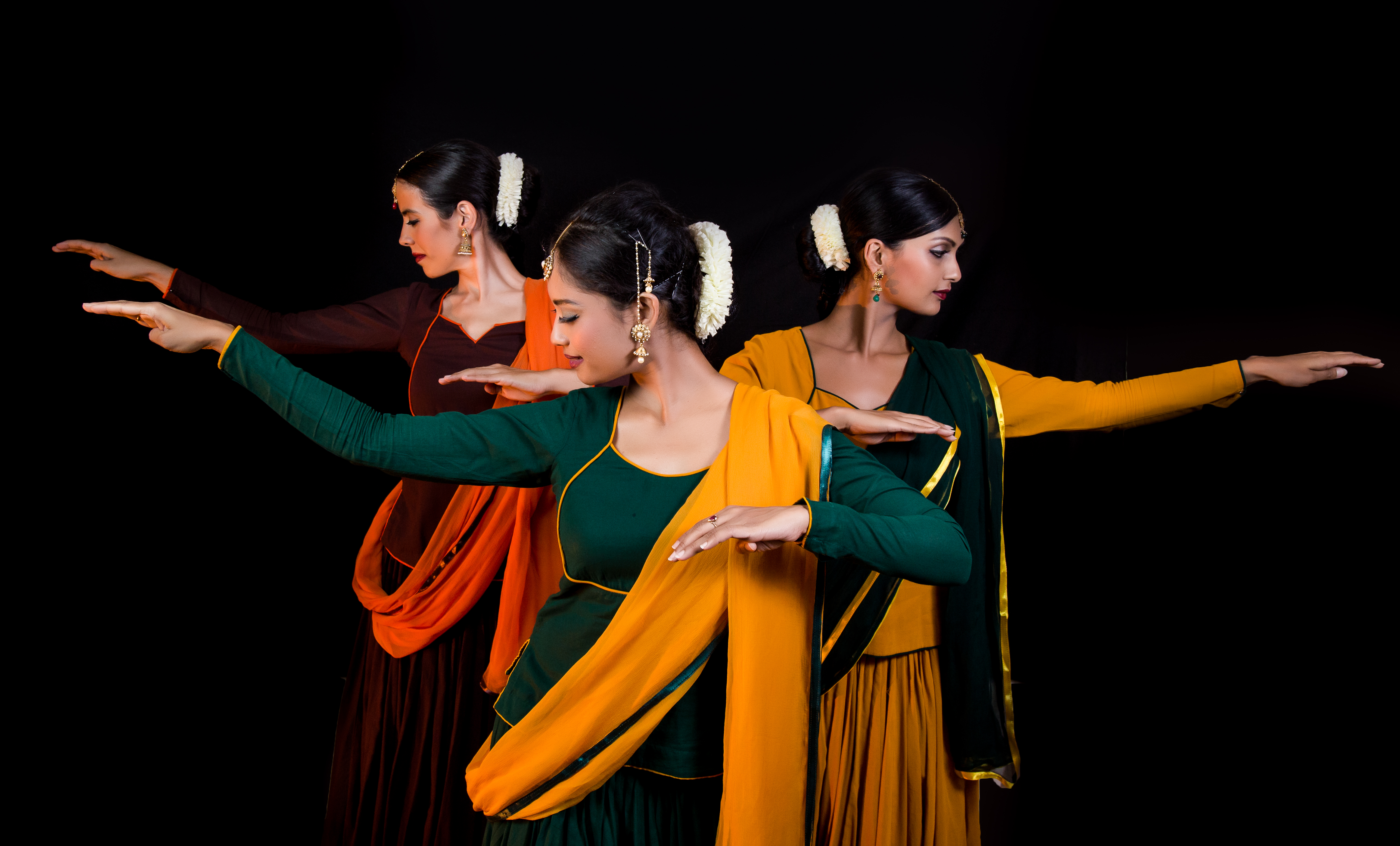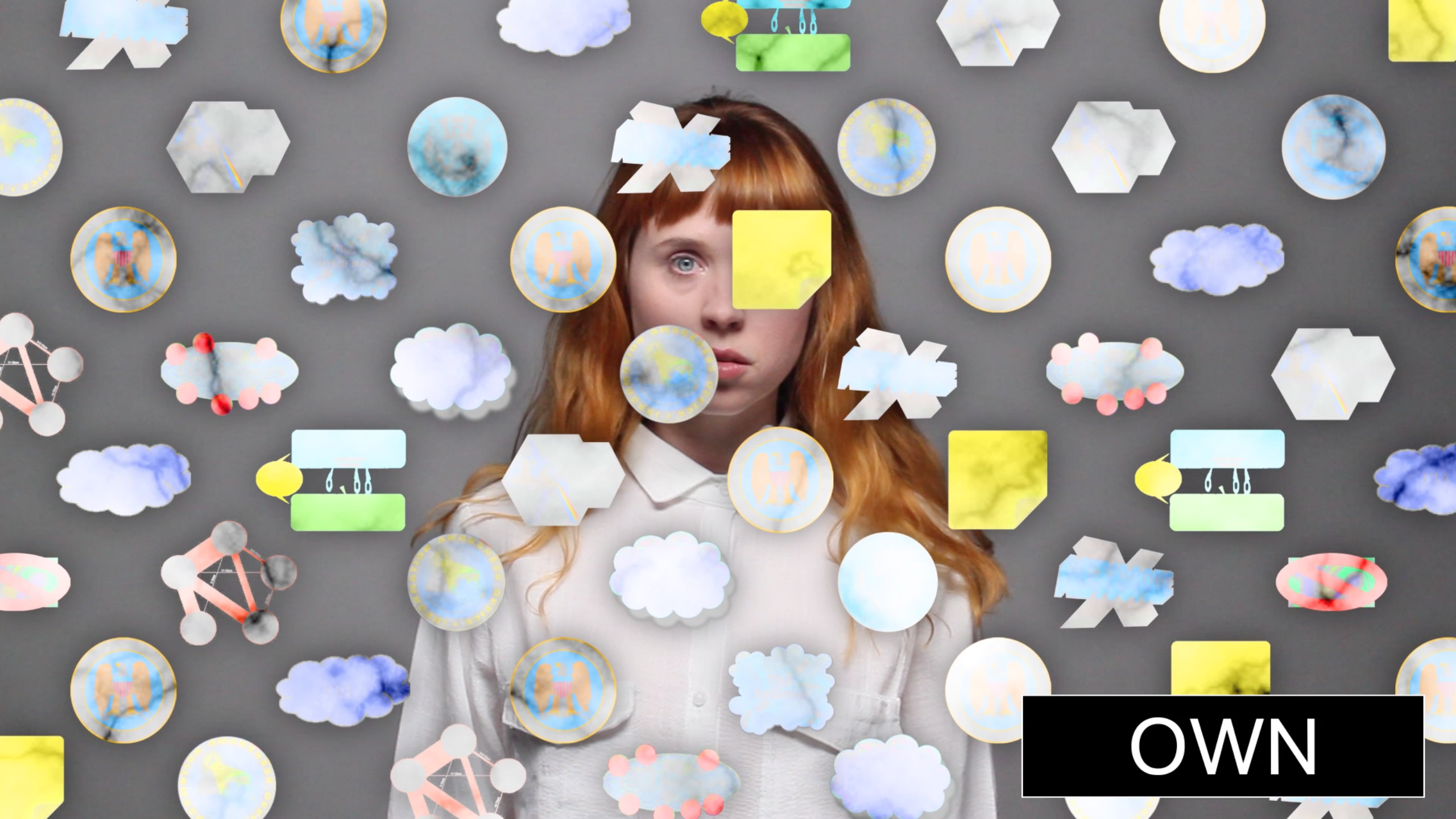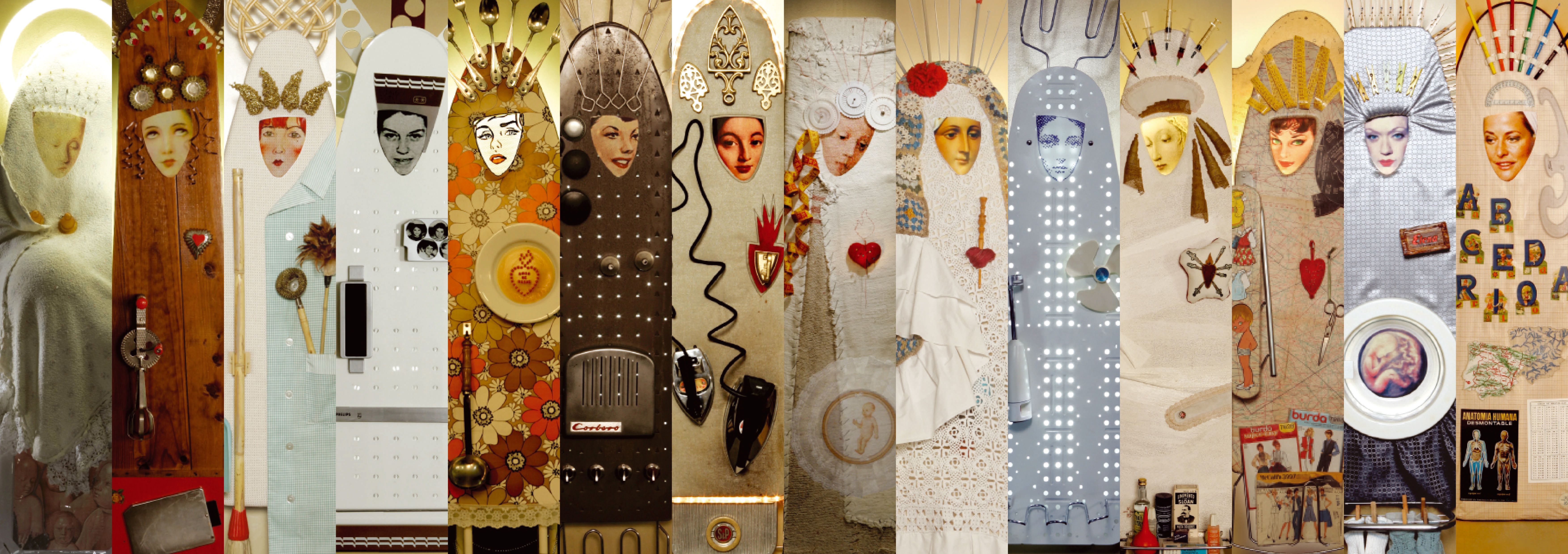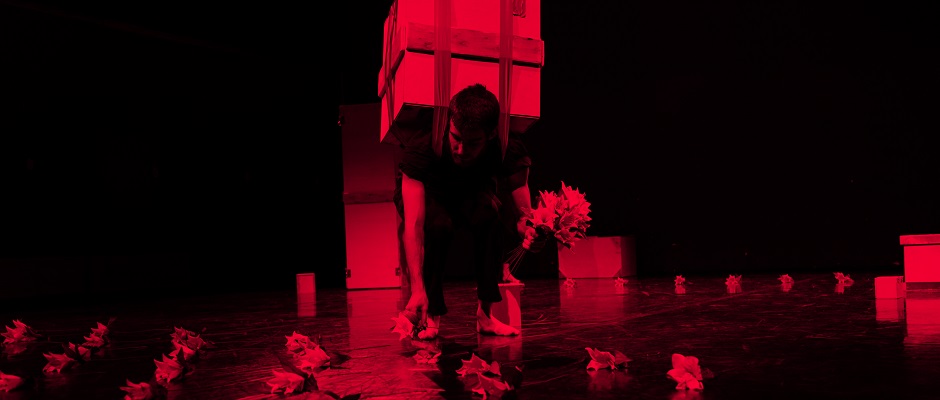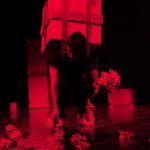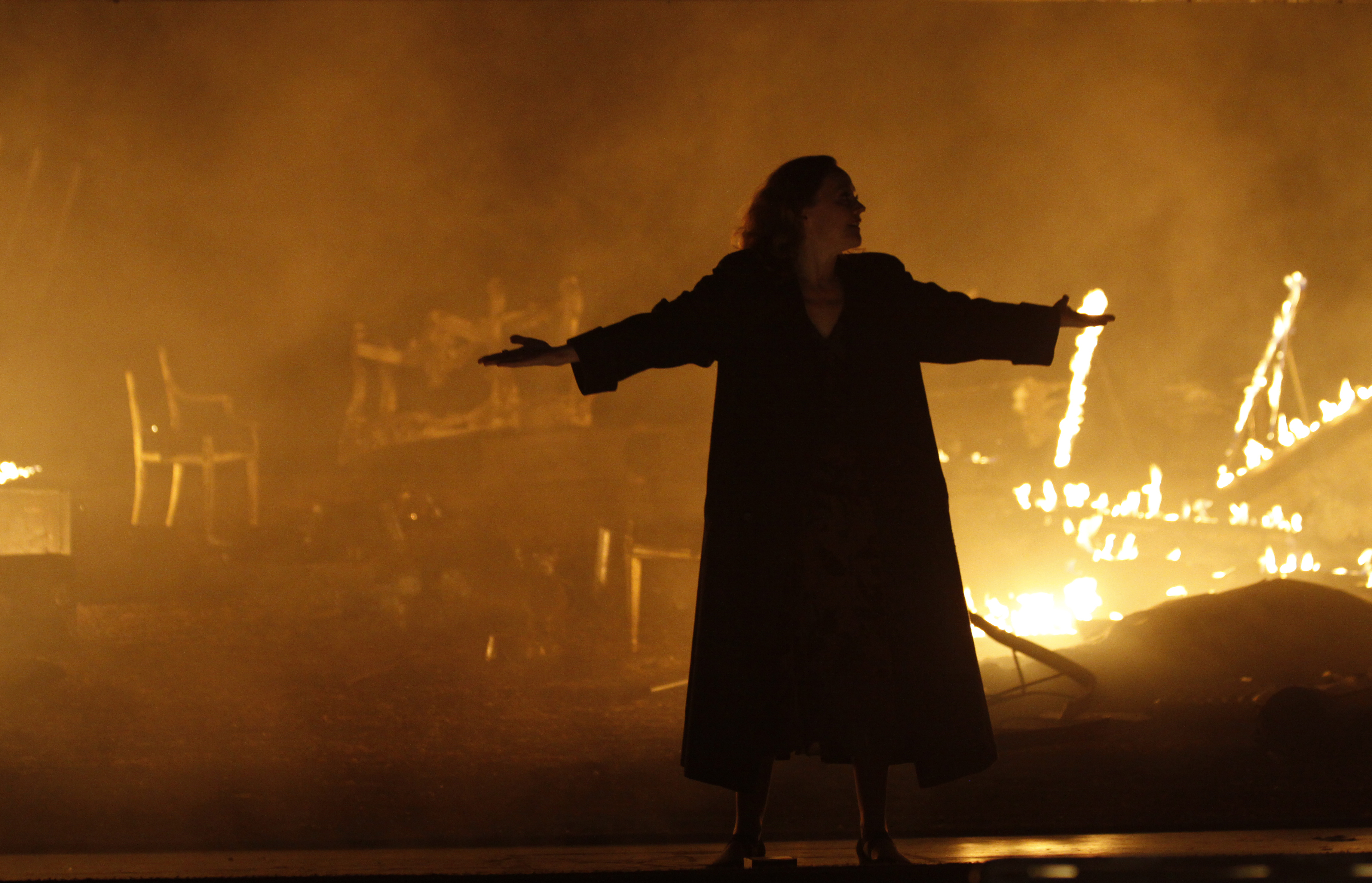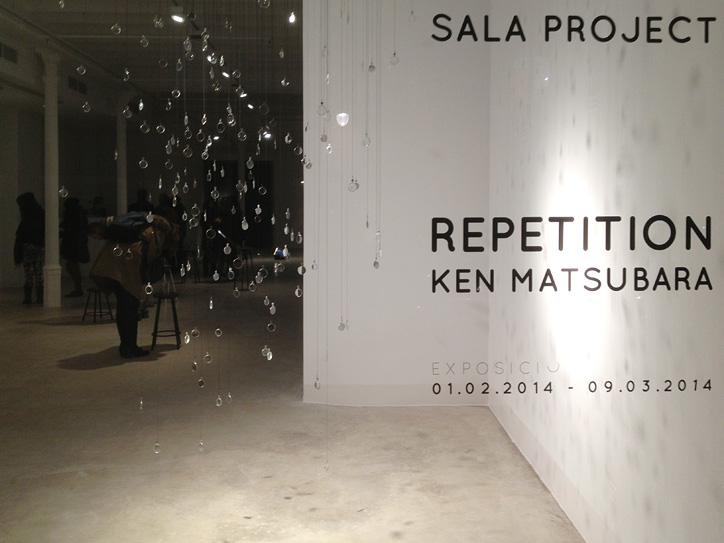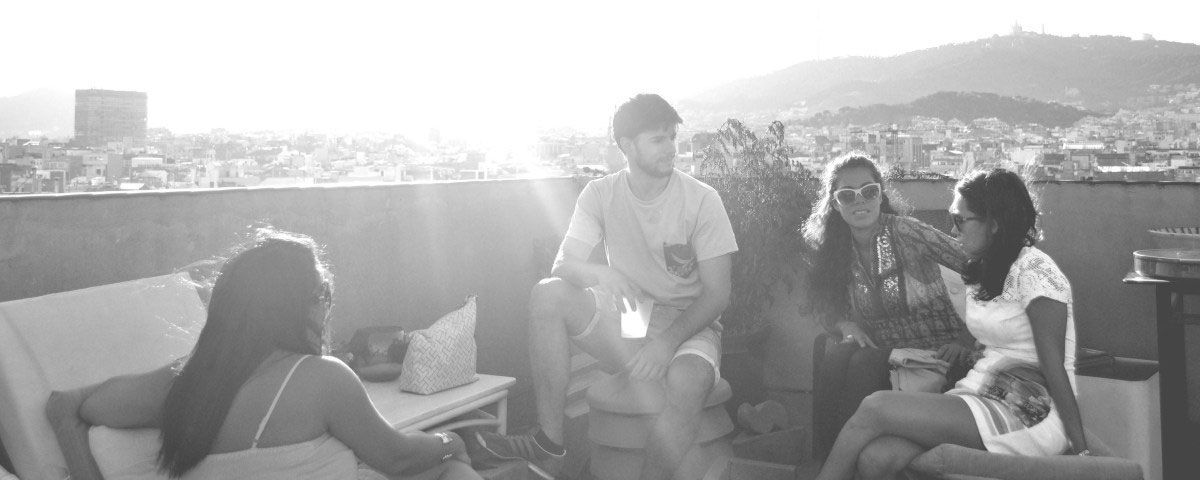A poetic action goes beyond the moment itself and touches on a deeper level of reality. Fleeting, barely perceptible, it can be confusing territory, as our everyday frames of reference somehow feel inadequate in speaking of it. The moment dissolves back into the ethers, dismissed with ridicule or conspiratorial silence, and we return to our comfort zone. Art in all of its forms, from fine art and literature to dance and performance can hold and portray these poetic moments, allowing them to linger a moment longer as we savour their strange and alluring textures.
Eulàlia Bergadà’s most recent performance, “Flying Pigs,” which was shown at Barcelona’s Sala Hiroshima from the 19th-22nd May dives deep into this oneiric realm. The original idea was inspired by an old tradition in her native Mallorca, known as la matanza del cerdo, the slaughter of the pig. Since childhood she remembers all the family and villagers coming together for this ritual. What inspired her most was observing that it’s a gory act, but also one that is intrinsically connected with their roots, land, and origins. The family works together, a ritual is carried out with a sacrifice, and all the family has food for the year.
Eulàlia explains the subtle connection she intuitively felt with her work as a choreographer and dancer. “Performance is like a ritual in which a body is metaphorically sacrificed. It sweats, gets tired and opens its soul to give a kind of food to the audience.”
More abstract than the sausages from the pig, the audience receives its nourishment through sensations, emotions and expanded perceptions.
“I started to question why I dedicate myself to this,” continues Eulàlia. “Aside from the typical yearning of an artist to create and receive applause from the public, there’s also a sense of social responsibility and service.” Drawn back to the roots of theatre and ritual in Greek drama, she is interested in exploring its potential for collective catharsis and addressing universal archetypes that are as present in our invisible worlds as they were more than two millennia ago.
“We’re so involved in our fast and ever-changing society which is all about action and image. But there’s also this oneiric and sensitive world moving below the surface which we tend not to pay attention to, and it’s very important. In these current times of social and economic crisis, our society is especially emotionally vulnerable and insecure. People can perceive something moving below the surface, and this is what I want to engage with through poetry and dance.”
Flying Pigs finds moments of beauty within the catharsis through several intertwined traditions which include folklore, music and the Mallorcan Song of the Sybil which dates back at least to Ancient Greece, and perhaps further to the Eleusinian mysteries. “Where do we dance and experience our catharsis now? In nightclubs?” she reflects.
There’s also a personal element of catharsis for Eulàlia. After many years of study, this was her final graduation piece at the Institut del Teatre de Barcelona, winning the Choreography Prize for her year. An intellectual process was transformed through the body into something new. “Something had to die, like how the body of the pig becomes sobrasada and embutidos. And it’s a collective process, there’s a choreography in which all the family participates, like the actors on a stage”.
A powerful fusion of acting, dance and music creates a journey around this central theme. Three ballerinas interact with a male chorus from a physical theatre background, accompanied by an electrical violin and Loop Stations soundtrack. Pop songs evoke emotion and collective participation. Imagination and movement create different rhythms and tempos, inhabiting the body in various ways, and working with vibration to transfer this into musical expression. Three colours are used on stage, from costumes to décor: red and black and white. Lines on the stage are drawn with powder that ends up being dispersed. Red, like blood or the red pepper that colours sobrasada. Black is mourning, and is also associated with the pop world. White is the souls, the angels and the church that blesses death, which our culture is so alienated from.
The name “Flying Pigs” comes from a fusion of the animal and the angelic realm that speaks of dreams, the metaphysical and ethereal. Gravity is challenged as we metaphorically make our own flesh fly through the imagination and through art.
“There’s something in the air that we’re all feeling. Something is dying and something needs to be born. We’re in a moment of transition,” says Eulália, who is currently preparing a new piece to be shown at the Grec Festival in Barcelona this coming July. The oneric format of her work offers an experience of community, and the sense of sharing a journey towards somewhere more profound; a reminder that there is also a lot of depths in the apparently superficial.
